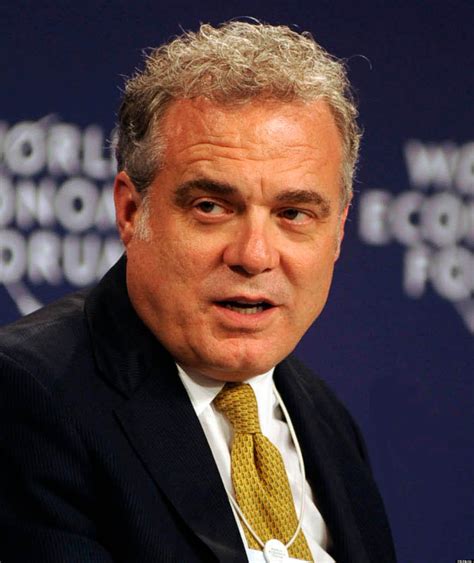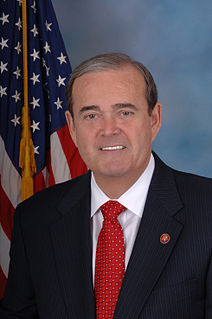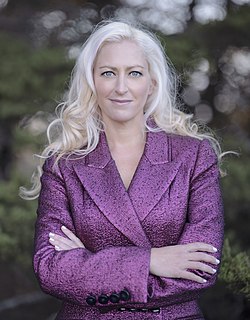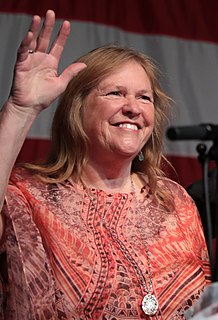A Quote by Mark T Bertolini
If people can't make ends meet at home with food, benefits, health, and health care in particular, how can they be present, engaged, knowledge workers when they come to work?
Related Quotes
...those who sit at their work and are therefore called 'chair workers,' such as cobblers and tailors, suffer from their own particular diseases ... [T]hese workers ... suffer from general ill-health and an excessive accumulation of unwholesome humors caused by their sedentary life ... so to some extent counteract the harm done by many days of sedentary life. On the association between chronic inactivity and poor health. Ramazzini urged that workers should at least exercise on holidays
The truth is that the greatest innovations in health-care delivery haven't come from federally contrived oligopolies or enormous hospital chains. Novel concepts - whether practice-management companies, home health care or the first for-profit HMO - almost always have come from entrepreneurial firms, often backed by venture capital.
What sensible people have got to do is not simply repeal the Affordable Care Act without any alternative, but you've got to sit down and say it's OK, what are the problems. How do we address it? How do we move to universal health care? How do we lower prescription drug costs? How do we make sure that people don't have outrageous deductibles? You just don't throw 20 million people off of health insurance. You don't privatize Medicare.



































